What Is a Dissertation? New Models, New Methods, New Media
#remixthediss — this event will be livestreamed and live tweeted) When: October 10, 4.00-5.30pm (EST)Where: English Department Lounge (ROOM CORRECTION 4406), The Graduate Center, CUNY, 365 Fifth Avenue, NY NY 10016
Virtual partners and participants welcome! (See THIS POST for 4 ways to become a virtual partner.) This Forum showcases recent and current doctoral students whose dissertations exemplify innovative, experimental formats–Scalar, video, websites, comics, multimedia inter actives. The event will be livestreamed and live tweeted (#remixthediss) by Futures Initiative and CUNY DHI fellows who will leading collaboration on an open public Google Doc designed to record, celebrate, and model successful institutional change. Our goal is to model success stories (and challenges overcome) on the way to inventive, digital, experimental new forms of dissertations. Chair: Cathy N. Davidson, Distinguished Professor and Director, Futures Initiative and HASTAC@CUNY Panelists: Jade E. Davis, Communications, University of North Carolina Dwayne Dixon, Cultural Anthropology, Duke University Gregory T. Donovan, Communication and Media Studies, Fordham University (PhD, Graduate Center, CUNY) Amanda Licastro, English, Graduate Center, CUNY Nick Sousanis, Teachers College, Columbia University
The Forum is co-sponsored by the Futures Initiative, CUNY DHI (CUNY Digital Humanities Initiative), HASTAC (@CUNY and @Duke), NY2020, as well as by distance partners: the PhD Lab in Digital Knowledge at Duke University, HASTAC Scholars (an international graduate student network), and the online journal Hybrid Pedagogy, and a growing list of programs at the GC and beyond.
Panelist Biographies
Jade E. Davis is in the final year of her doctoral program at the University of North Carolina at Chapel Hill in the Department of Communication Studies. She is a member of the PhD Lab in Digital Knowledge at Duke University, and a member of the HASTAC steering committee. She is a former PhD Intern with Microsoft Research New England’s Social Media Collective. Her research looks at how digital media’s role in the making, understanding, and accepting of knowledge and culture. More specifically she is interested in spaces that make digital information into knowledge and culture and the ethics and ownership of the data traces that are left behind. Her born digital dissertation, titled Historical Glitch is an examination of how digitization affects cultural narratives through an archive of digital photographs of black women. You can find some of her work on her website and follow her on twitter @jadedid.
Dwayne Dixon recently completed his PhD in Cultural Anthropology at Duke University and is a visiting instructor in Duke’s Asian and Middle Eastern Studies Department. His research is focused on young people in Tokyo and their relations to globalized urban space, their use of visual technologies, and their understandings of self amid changing conceptions of adulthood and limited economic possibility. His research is intertextual, combining ethnographic video along with traditional scholarly writing, presented digitally using Scalar, an open-source publishing platform. His writing has been published in The Journal of Postmodern Culture and Pastelegram and his photographic and video works have been exhibited globally, including NYC, North Carolina, and California.
Gregory T. Donovan is Assistant Professor of Communication and Media Studies at Fordham University, a researcher at the Public Science Project, and a founder of the OpenCUNY Academic Medium. Gregory received a Ph.D. in Environmental Psychology and a certificate in Interactive Technology and Pedagogy from the CUNY Graduate Center. He has published and presented widely on the mutual shaping of people, place, and proprietary media, and is co-editor of The Journal of Interactive Technology and Pedagogy’s special issue on Media and Methods for Opening Education. His dissertation, in the Department of Environmental Psychology, was entitled MyDigitalFootprint.ORG: Young People and the Proprietary Ecology of Everyday Data.
Amanda Licastro is currently completing her doctoral studies in the English Program at the Graduate Center, CUNY focusing on the relationship between technology and writing, and has certificates in Interactive Technology and Pedagogy and Teaching in the Two-Year College. Her dissertation applies digital humanities methods to issues concerning composition and rhetoric, with a particular focus on pedagogy. Amanda is an instructor in NYU’s Gallatin School and an Instructional Technology Fellow at Macaulay Honors College. She is also the co-founder and project manager of the Writing Studies Tree, serves on the editorial collective of the Journal of Interactive Technology and Pedagogy, and is on the CUNY Digital Humanities Initiative team. Follow her work on her CUNY Academic Commons site Digitocentrism and on Twitter @amandalicastro.
Nick Sousanis completed his doctorate in education from Teachers College, Columbia University in May 2014. Titled “Unflattening: A visual-verbal inquiry into learning in many dimension,” his dissertation, written and drawn entirely in comic book format, argues through its very form for the importance of visual thinking in teaching and learning. A book version of Unflattening is slated for publication by Harvard University Press in Spring 2015. Before coming to NYC, he was immersed in Detroit’s thriving arts community, where he co-founded the arts and cultural web-mag www.thedetroiter.com; served as the founding director of the UofM’s Work:Detroit exhibition space, and became the biographer of legendary Detroit artist Charles McGee. He developed and teaches a course on comics and education at Teachers College and teaches a comics readings course at Parsons. See excerpts from his work at www.spinweaveandcut.com.
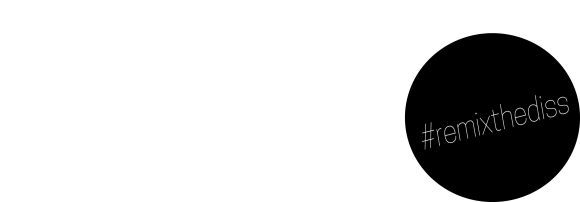
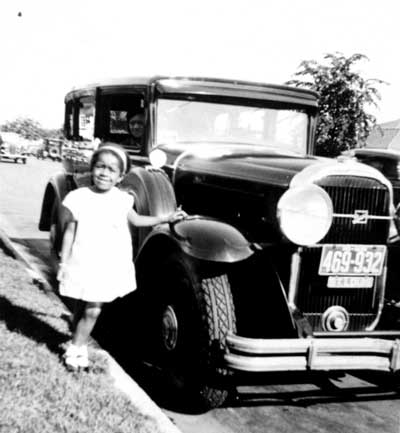
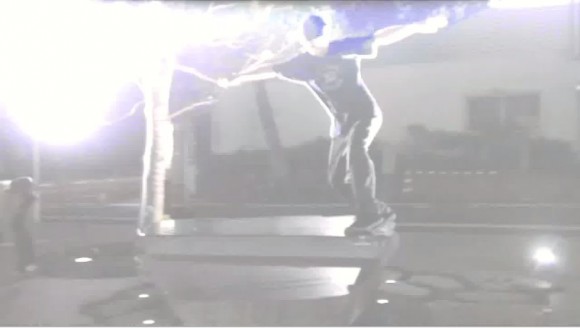
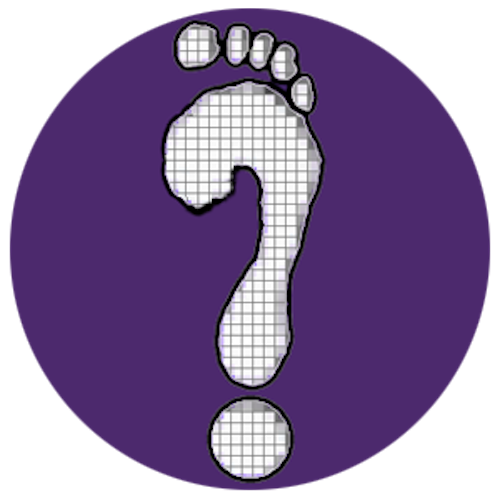
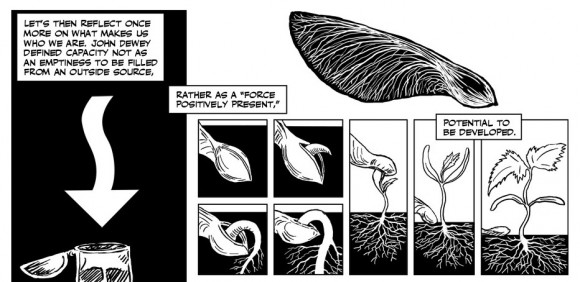
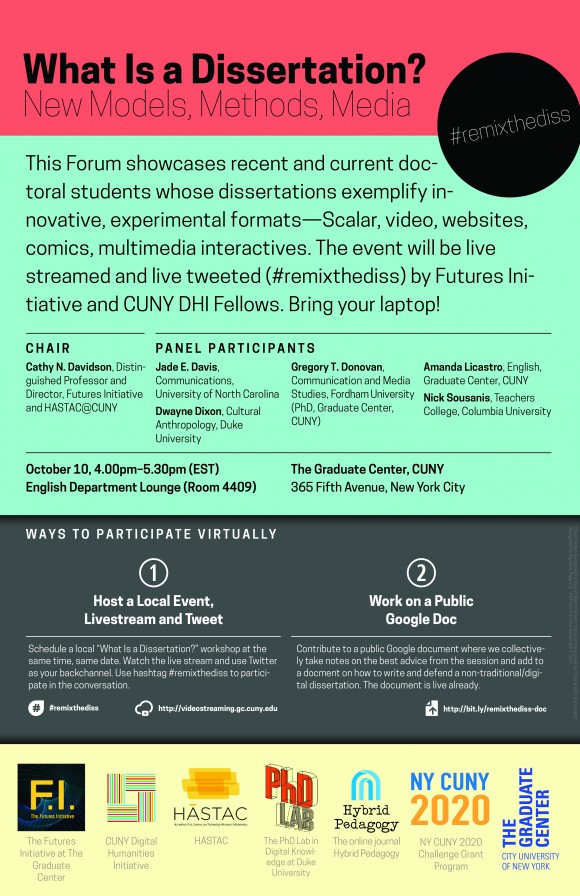


[…] You can read more about the event here. […]
[…] to the questions that will be taken up at the Futures Initiative’s upcoming event, “What is a Dissertation? New Models, Methods, Media,” critical karaoke, I hope, prompted some reflection on the form of the Friday Forum. What is a […]
[…] What Is a Dissertation? New Models, Methods, Media […]